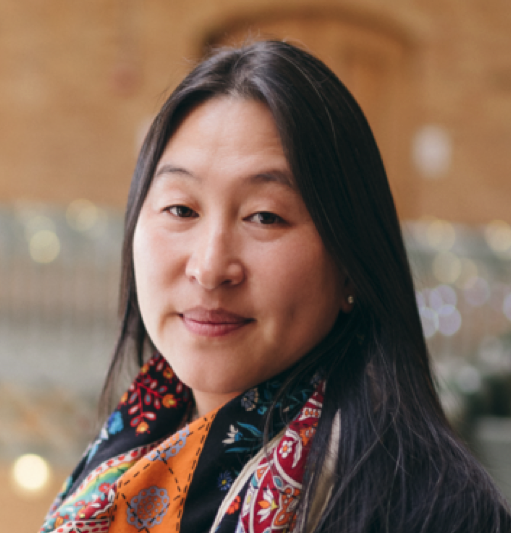Abstract:
Biological fluids, the most complex blends, have compositions that constantly vary and cannot be molecularly defined. Despite these uncertainties, proteins fluctuate, fold, function, and evolve as programmed. We hypothesize that in addition to the known monomeric sequence requirements, protein sequences encode multi-pair interactions at the segmental level to navigate random encounters; synthetic heteropolymers capable of emulating such interactions can replicate how proteins behave in biological fluids individually and collectively. Here, we extracted the chemical characteristics and sequential arrangement along a protein chain at the segmental level from natural protein libraries and used the information to design heteropolymer ensembles as mixtures of disordered, partially folded, and folded proteins. For each heteropolymer ensemble, the level of segmental similarity to that of natural proteins determines its ability to replicate multiple functions of biological fluids including assisting protein folding during translation, preserving the viability of fetal bovine serum without refrigeration, enhancing proteins’ thermal stability, and behaving as synthetic cytosol under biologically relevant conditions. Molecular studies further translated protein sequence information at the segmental level into intermolecular interactions with a defined range, degree of diversity, and temporal and spatial availability. This framework provides valuable guiding principles to synthetically realize protein properties, engineer bio/abiotic hybrid materials, and ultimately, realize matter-to-life transformations.
Bio:
Prof. Ting Xu received Ph.D from the Department of Polymer Science and Engineering at the University of Massachusetts, Amherst in 2004 and postdoc training at the University of Pennsylvania and NIST. She jointed University of California, Berkeley in 2007 in both the Department of Material Sciences and Engineering and Department of Chemistry.
Her research interests rest at the interface among polymer science, protein science, synthetic biology, and colloidal science and focus on rational design of functional materials for life science, environment and energy applications.
She is a fellow of American Physical Society, American Chemical Society and serves on the Board of Directors of Materials Research Society. She is an awardee of 2008 3M Nontenured Faculty Award; 2008 DuPont Young Professor Award; 2009 Office of Naval Research Young Investigator Award; 2010 Li Ka Shing Woman Research Award; 2011 Camille-Dreyfus Scholar-Teacher Award; 2011 ACS Arthur K. Doolittle Award; 2018 Bakar Fellow and 2021 Bakar Prize. She was named as one of “Brilliant 10” by Popular Science Magazine in 2009. Her team won the grand prize of the 2021 Create the Future Design Contest the Breakthrough of the year 2022 in Science and Technology by the German Falling Wall Foundation.
Speaker:
Institution:
Location:

